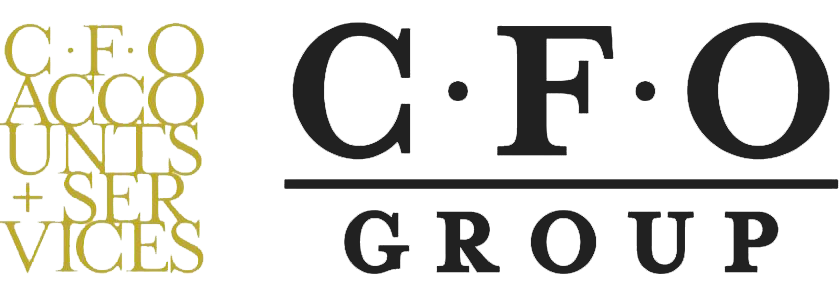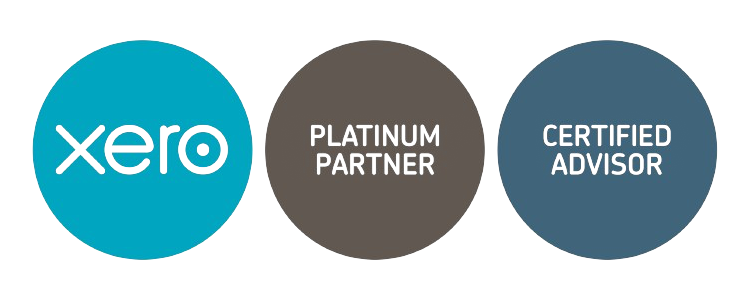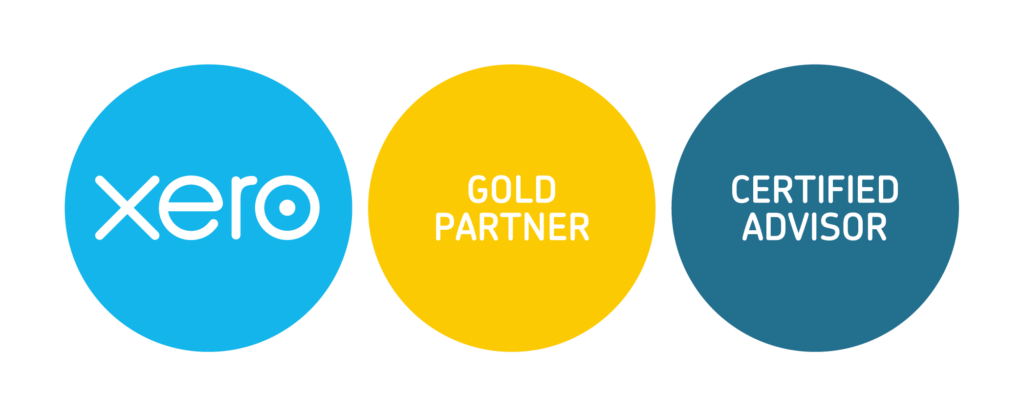CFO GROUP INTEGRATED SERVICES
Do I Need to File Corporate Tax Return? Here’s What Happens If You Don’t
CFO Group • June 24, 2025
Don’t Let IRAS Catch You Off Guard — Understand Your Tax Filing Obligations Now
Thousands of Singapore companies face penalties annually because they’re confused about one critical question: “Do I need to file corporate tax return?” The answer affects every registered business entity in Singapore, from active trading companies to dormant companies sitting idle.
The Inland Revenue Authority of Singapore (IRAS) doesn’t offer exemptions based on confusion. Whether your company generated millions in annual revenue or remained completely inactive, specific corporate tax filing requirements apply to your business entity incorporated in Singapore.
This comprehensive guide eliminates the guesswork around corporate tax return filing, helping you understand exactly when and how to file corporate income tax returns while protecting your business from expensive penalties and legal complications.
3 Big Reasons You Can’t Afford to Get Corporate Tax Filing Wrong
- Avoid Penalties – Prevent S$300-S$600 fines and legal complications with proper filing
- Stay Compliant – Meet all IRAS deadlines and requirements with confidence
- Save Time & Stress – Understand exactly what’s required for your business structure
Who Needs to File? It’s More Companies Than You Think
Yes, Even Dormant and Foreign Companies Must File — Here’s Why
Every company registered in Singapore must file corporate income tax returns, regardless of business activity or revenue generation. This includes:
| Company Type | Filing Requirement | Key Considerations |
|---|---|---|
| Private Limited Companies | Mandatory annual filing | Must file even with zero income |
| Foreign Company Registered | Required for Singapore operations | Same deadlines as local entities |
| Foreign Company Incorporated | Applies if operating in Singapore | Subject to Singapore tax laws |
| Dormant Company | Must file unless IRAS grants a waiver | ?Nil? returns are still required |
| New Start-Up Companies | Immediate compliance required | No grace period for new entities |
Think You’re Exempt from Filing? Think Again
The only companies that may avoid filing are those specifically granted an eci filing waiver by IRAS. This exemption requires formal application and approval – it’s not automatic based on dormant status or zero activity.
Most companies assume dormancy equals exemption. This assumption costs businesses thousands in penalties annually.
Here Are the Exact Documents You Must File and When
The 2 Filings That Keep You IRAS-Compliant
Singapore’s corporate tax system requires two separate filings each financial year:
1. Estimated Chargeable Income (ECI)
- Deadline: Within 3 months of the company’s financial year end
- Purpose: Declare the company’s taxable profits for the year of assessment
- Filing Method: Electronic submission via IRAS MyTax Portal
- Exemption: Companies with annual revenue ≤ S$5 million and nil ECI may qualify for automatic exemption
2. Form C-S / Form C-S (Lite) / Form C
- Deadline: 30 November following the year of assessment ya
- Purpose: Comprehensive income tax return detailing actual income, tax allowable expenses, and tax computation
- Forms Available:
- Form C-S (Lite): For companies with annual revenue < S$200,000 and straightforward tax situations
- Form C-S: Standard corporate tax return for most companies
- Form C: For complex corporate structures requiring detailed reporting
💡 Need Help Filing ECI or Form C-S?
Understanding what to file is one thing. Actually doing it right (and on time) is another.
That’s why hundreds of business owners in Singapore choose CFO Group to handle their tax filings and compliance deadlines—accurately, affordably, and without the stress.
Whether you’re filing for the first time or just want peace of mind, we’ll take care of it all while you focus on running your business.
When Exactly You Must File if Your Year-End Is 31 December
For a company with a financial year end of 31 December:
- ECI Filing: Due by 31 March
- Form C-S Filing: Due by 30 November
- Tax Payment: Within one month of notice of assessment (NOA)
Late Filing? Here’s What It’ll Cost You in Fines, Time, and Legal Risk
IRAS Doesn’t Play Nice — These Penalties Hit Hard and Fast
IRAS enforces strict compliance through escalating penalties:
| Violation | Initial Penalty | Escalated Penalty | Additional Consequences |
|---|---|---|---|
| Late ECI Filing | S$200 - S$300 | S$300 - S$600 | Court summons possible |
| Late Form C Filing | S$200 - S$1,000 | Compounded fines | Criminal prosecution risk |
| Persistent Non-Compliance | Variable | Unlimited | Legal action, business disruption |
Non-Compliance Destroys More Than Just Your Bank Account
Late filing penalties represent just the beginning of compliance problems:
- Operational Disruptions: Difficulty accessing government grants and banking services
- Reputational Damage: Poor compliance history affects business relationships
- Legal Complications: Criminal prosecution for persistent violators
- Administrative Burden: Additional documentation and explanation requirements
Here’s Exactly How to File (Step-by-Step)
1. Determine Your Requirements
Every business entity incorporated in Singapore needs to evaluate its specific filing obligations:
- Confirm your company’s status with ACRA (Accounting and Corporate Regulatory Authority)
- Identify your company’s financial year-end date
- Determine if you qualify for any IRAS exemptions (rare and requires formal approval)
- Check if your foreign tax credit or investment allowance affects filing requirements
2. File on Schedule
Meet both critical deadlines to avoid penalties:
ECI Filing Process:
- Access the IRAS MyTax Portal using your SingPass or CorpPass
- Complete estimated chargeable income ECI declaration
- Submit within 3 months of the financial year's end
- Retain confirmation receipt for records
Annual Return Filing:
- Prepare financial statements and supporting documentation
- Calculate deducting allowable tax deductions and non-deductible expenses
- Complete the appropriate form (Form C-S Lite, Form C-S, or Form C)
- Submit by 30 November via the digital service platform
3. Stay Compliant
Maintain ongoing compliance beyond initial filing:
- Pay assessed taxes within one month of receiving notice of assessment NOA
- Maintain accounting records for a minimum of 7 years
- Respond promptly to IRAS inquiries or audit requests
- Update company information for any changes affecting tax status
Don’t Slip Up — These Compliance Basics Save You Thousands
What to Keep & For How Long So You Don’t Get Burned by an Audit
Proper documentation supports successful corporate tax filing:
- Financial Statements: Audited accounts for the preceding financial year
- Expense Documentation: Supporting evidence for all tax-allowable expenses
- Revenue Records: Complete documentation of the company’s income sources
- Tax Computations: Detailed calculations supporting chargeable income
- Foreign Income: Documentation of any foreign tax credit claims
Your Ultimate Tax Filing Calendar (Save This!)
Successful compliance requires proactive calendar management:
| Month | Action Required | Purpose |
|---|---|---|
| Financial Year End + 1 | Begin ECI preparation | Meet the 3-month deadline |
| Financial Year End + 2 | Complete financial statements | Support accurate ECI filing |
| Financial Year End + 3 | Submit ECI filing | Avoid initial penalties |
| October | Prepare Form C-S documentation | Meet the November deadline |
| Nov-15 | Final review and submission | Ensure timely filing |
When Should You Call in the Experts?
While filing Form CS can be completed independently, consider professional assistance for:
- Complex corporate structures with multiple revenue streams
- Companies claiming investment allowance or specialized deductions
- Foreign companies navigating cross-border tax implications
- Businesses with significant tax liabilities requiring strategic planning
Don’t Wait for an IRAS Warning Letter — Start Filing the Right Way Now
Confused about corporate tax filing? You’re not alone, many business owners in Singapore delay because they’re unsure of what to file, when to file, or whether their company even qualifies.
But here’s the truth: IRAS won’t accept confusion as an excuse, and late filings can lead to hefty penalties, compliance issues, and even legal consequences.
That’s where we come in.
At CFO Group, we eliminate the guesswork from corporate tax compliance. Whether you're filing Estimated Chargeable Income (ECI), Form C-S, or Form C, we’ll ensure everything is submitted accurately, on time, and stress-free. You won’t need to worry about deadlines, audits, or IRAS chasers — we’ve got you covered.
So instead of spending hours figuring it out or risking thousands in fines…
- Let our experts do it for you — efficiently and affordably.
- Stay compliant and penalty-free, year after year.
- Focus on growing your business while we handle the filings.











